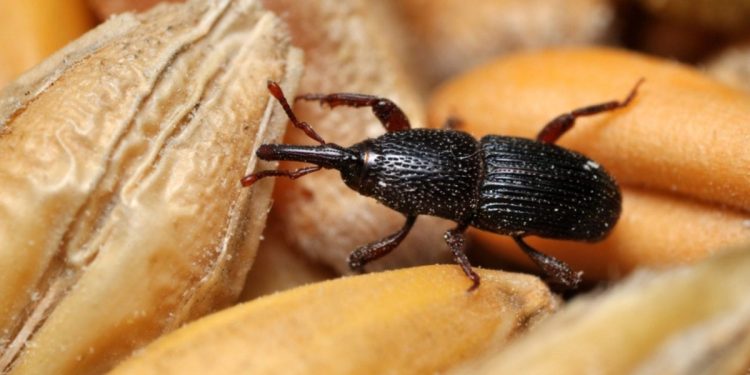#pestcontrol #IPM #sanitation #driedfruits #agriculture
Carpophilus spp., commonly known as dried fruit beetles, are small but devastating pests that can cause significant damage to various dried fruits, including dates, figs, raisins, and prunes. Infestations by these beetles can lead to quality deterioration, contamination, and economic losses for farmers and food processors. In this article, we will explore strategies for managing Carpophilus spp. infestations.
One effective approach for controlling these pests is through proper sanitation and hygiene practices. This includes regular cleaning of storage facilities, proper disposal of infested materials, and ensuring that fruits are free from damage and cracks before storage. Another strategy is the use of physical barriers, such as insect-proof netting and sealed storage containers, to prevent beetles from entering and infesting the fruits.
Chemical control measures, such as fumigation and insecticide application, can also be effective but require careful consideration and adherence to safety guidelines. Integrated pest management (IPM) techniques, which combine multiple approaches, can be particularly effective in reducing Carpophilus spp. populations while minimizing the use of chemical treatments.
Failure to manage Carpophilus spp. infestations can have severe consequences for the dried fruit industry, including reduced quality, economic losses, and potential health hazards. Therefore, it is crucial to implement effective strategies for controlling these pests.







